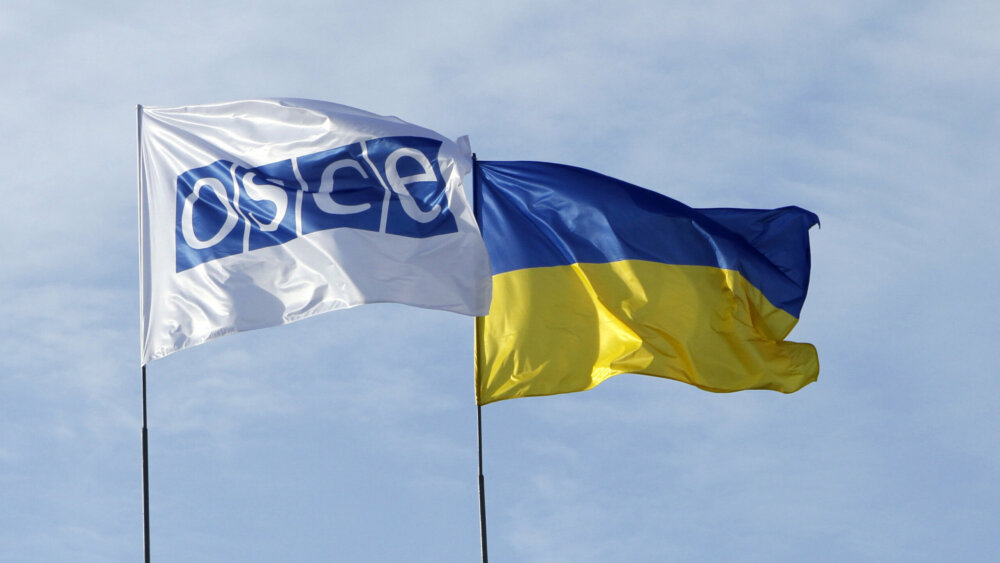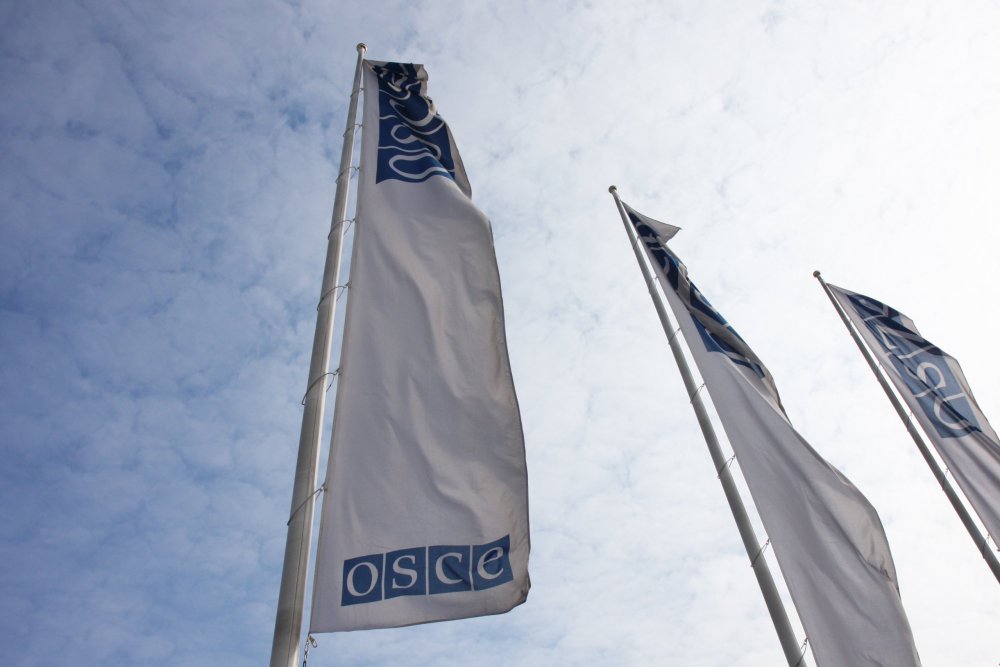Time for the US to Re-think rather than Reset its Relationship with Russia
With President Barack Obama entering his second term, the question of redefining US policy towards Russia should be high on the agenda. Since 2009, US-Russia relations have been dominated by the so-called ‘reset policy’, the goal of which was to achieve progress in areas of mutual interest. The result was US-Russian cooperation on countering terrorism, negotiation and implementation of the new START Treaty, sanctions on Iran, negotiation of a new transit route for US troops in Afghanistan, as well as expansion of economic and trade relations, including Russian accession to the WTO. The ‘reset policy’ was coupled with US hopes that then Russian President Dimitry Medvedev would have the power and the ability to implement reforms in the area of human rights, democracy and rule of law. However, this hope was dashed and the situation began to deteriorate when Putin returned to the Presidency in May 2012. The ‘reset policy’ clearly failed to influence this downward trend.
Since returning to the Presidency, Putin has taken measures such as restricting public protests, curbing the opposition, controlling the internet, forcing USAID out of Russia, cracking down on foreign funded NGOs, and recriminalizing libel and slander, to mention just a few. In addition, Russia continues to support authoritarian regimes such as that of Alexander Lukashenko in Belarus or the Assad regime in Syria. And of course, as has been written many times on this blog, the Russian Federation continues to hamper human dimension activities within the OSCE and wants to press for changes in the ODIHR’s election observation activities. Russia’s viewpoint was reiterated by Foreign Minister Sergei Lavrov at this year’s Munich Security Conference, when he stated that “disagreements within it [the OSCE] are deepening because of the attempts to dictate one’s standards to others, transform it in sufficiently confrontational polemic platform, escalating in this way the systemic crisis of the Organization.” In fact, the crisis within the OSCE is just a reflection of the broader, problematic US-Russia relations.
It is not yet clear whether or how President Barack Obama and his new Secretary of State John Kerry will redefine US-Russia relations. However, one hint was given when Vice President Joe Biden addressed this year’s Munich Security Conference on 2 February. He stated that “it’s no secret that we have serious differences on issues, like Syria, missile defense, NATO enlargement, democracy and human rights. But we continue to see opportunities for the United States and Russia to partner in ways that advance our mutual security interests […].” But how can those opportunities be realized?
‘Soft power’ in relation to Russia doesn’t seem to be working. A tougher stance should be taken by the new Obama administration. The US and its western partners should for example start linking Russia’s desire to become a modern economy or its desire to join the OECD to the improvement of its human rights record as well as its more responsible behavior on the international level.
A good example of such linkage is the Magnitsky Act, which holds that Russian officials who are involved in human rights abuses cannot do business with the United States.
If the US continues to rely solely on the implementation of common interests, it will lack credibility and create the impression that it badly needs a good relationship with Russia. This will lead Russia under Putin to continue its irresponsible behavior on the international scene, its crackdown of human rights and democracy in its own country, as well as its destructive course of action within the OSCE.



Comments
* Your email address will not be published